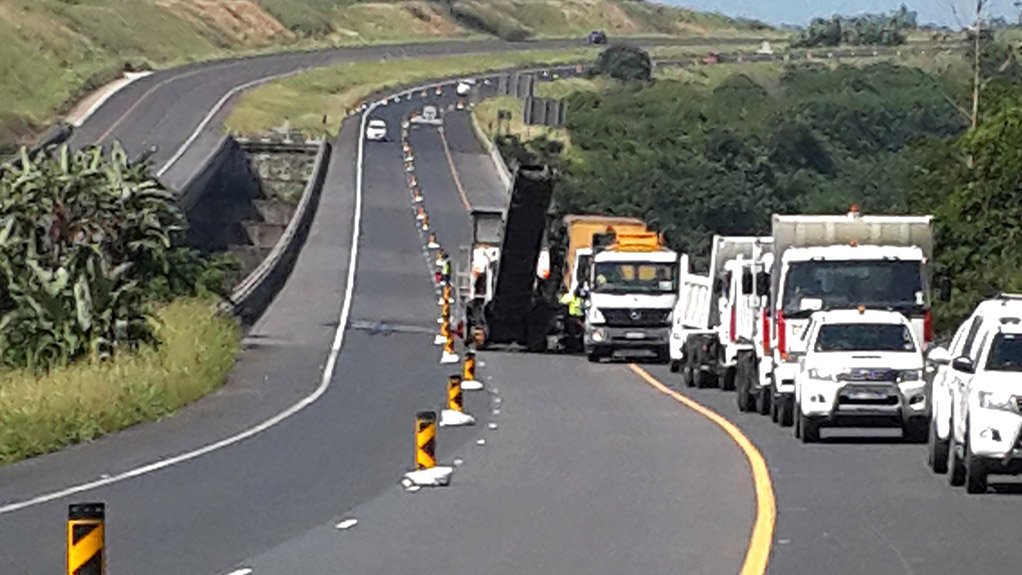The South African National Road Agency Limited (Sanral) on Tuesday revealed that the initial cost of work undertaken as part of the N1/N2 Winelands toll project would be R10-billion, which would be funded through a user-pays tolling system.
“The notion that Sanral should fund this project from its own resources is, therefore, uninformed. This year we received a total allocation of R12.5-billion to look after the entire national road network. Clearly we cannot take all of it to do one project in one province,” Sanral Western Cape regional manager Kobus van der Walt told the media.
He added that, while there had been arguments against tolling and in favour of sourcing funds from existing fuel levy revenues, this income was required for national road upgrades and development elsewhere.
“In 2014/15 National Treasury collected R46-billion in fuel levies and R7.2-billion in vehicle licence fees, which [equals] R53.2-billion.
“In turn, R44-billion was allocated to roads across the three spheres of government, R4.9-billion on public transport infrastructure, R7.1-billion on bus subsidies and R266-million on road traffic management, bringing total expenditure to R56.3-billion. There was, therefore, a subsidy of R3.1-billion coming from the fiscus,” Van der Walt commented.
He added that the Western Cape was the only province that had permission from National Treasury to implement a fuel levy to finance roads, but it had not yet been implemented.
There was further debt of R1.9-billion associated with the province’s Huguenot tunnel.
“Concerning the allegation by the City of Cape Town that the concessionaire stands to make a profit of R48-billion over the concession period, the city is confusing revenue with profit and ignoring the capital and operational expenditure. There would be interest to be paid on the debt raised,” Van der Walt argued.
EMAIL THIS ARTICLE SAVE THIS ARTICLE
To subscribe email subscriptions@creamermedia.co.za or click here
To advertise email advertising@creamermedia.co.za or click here











